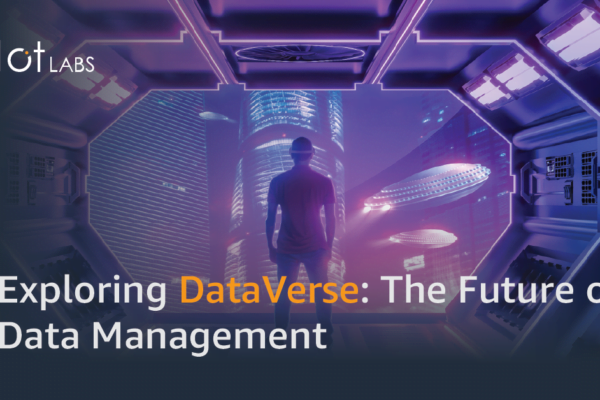In today’s digital world, data privacy and security are more than just legal obligations—they are crucial for maintaining trust and ensuring business continuity. As cyber threats increase, organizations must protect sensitive information and comply with laws like GDPR and CCPA.
Data privacy controls how personal information is collected and shared, while data security protects it from breaches. Together, they form the core of any data protection strategy.
This guide highlights key principles such as transparency and data minimization, emphasizing the importance of robust protection frameworks. It also addresses the evolving cyber threat landscape, from phishing to ransomware, and outlines best practices like encryption, access controls, and employee training.
Technology, including DLP tools and cloud security, plays a vital role, but the human element is equally important. Cultivating a culture of data security and ethical handling practices helps businesses reduce risks and build trust.
In a world where data breaches are common, a strong commitment to privacy and security is not just protective—it’s a competitive edge.









